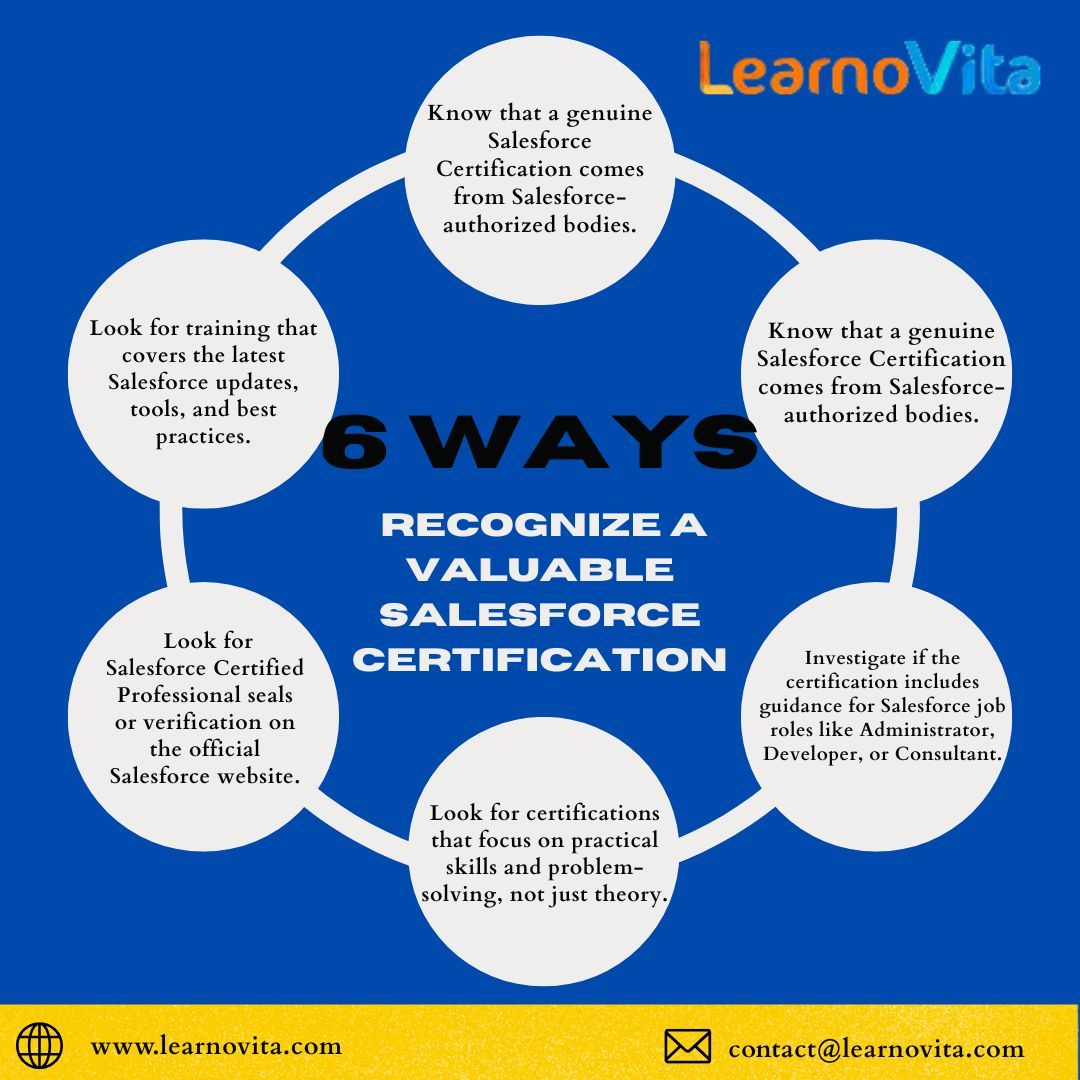In today’s competitive job market, having technical skills that are in high demand can make a huge difference in your career. One such skill is expertise in Salesforce, the world's most popular Customer Relationship Management (CRM) platform. As more companies rely on Salesforce to manage customer interactions, sales, and marketing activities, the demand for trained and certified Salesforce professionals is growing rapidly.
If you're wondering what career paths open up after completing a Salesforce Certification Course, this blog will help you explore the possibilities.
Why Choose Salesforce?
Salesforce is used by businesses in almost every industry—including IT, healthcare, banking, education, and retail. Whether you're an experienced IT professional or a newcomer looking to start your career in technology, Salesforce offers numerous opportunities because of its versatile nature, user-friendly interface, and continuous evolution with new features.
.jpg?updatedAt=1749809834919)
Popular Job Roles After Salesforce Certification
-
Salesforce Administrator
A Salesforce Administrator configures the platform, manages user access, creates reports, and ensures the CRM works smoothly. This role is perfect for those who enjoy problem-solving and managing software systems without deep coding knowledge. -
Salesforce Developer
Developers design and build custom applications on the Salesforce platform using Apex, Visualforce, and Lightning components. If you have a knack for coding and building new features, this role can lead to exciting and well-paid opportunities. -
Salesforce Consultant
Consultants work with clients to understand their business needs and recommend customized Salesforce solutions. This role blends business analysis with technical expertise and requires excellent communication skills. -
Salesforce Architect
Architects design high-level solutions for complex business problems using the Salesforce platform. This is a senior role that requires deep technical knowledge and offers some of the highest salaries in the Salesforce ecosystem. -
Salesforce Business Analyst
Business Analysts focus on gathering client requirements, creating process flows, and ensuring Salesforce meets organizational needs. This role suits those with strong analytical and documentation skills.

Benefits of Earning a Salesforce Certification
-
Industry Recognition: Salesforce certification proves your expertise to employers and clients globally.
-
Higher Salaries: Certified professionals often earn significantly more than their non-certified peers.
-
Better Job Prospects: With businesses across industries using Salesforce, certified professionals are always in demand.
-
Career Flexibility: Salesforce roles are available across multiple domains such as marketing, sales, support, analytics, and more.
-
Continuous Learning: Salesforce offers multiple certification paths, allowing you to grow your skills and advance your career.
Industries Hiring Salesforce Professionals
Salesforce-certified professionals are needed in industries like:
-
Information Technology (IT)
-
Banking & Finance
-
E-commerce & Retail
-
Healthcare & Life Sciences
-
Manufacturing
-
Education
No matter your field of interest, there’s a Salesforce opportunity waiting for you.
Conclusion
Completing a Salesforce Certification Course is more than just adding a credential to your resume—it's a gateway to a wide range of rewarding and high-paying career paths. As Salesforce continues to dominate the CRM market, certified professionals will remain in high demand across industries worldwide.